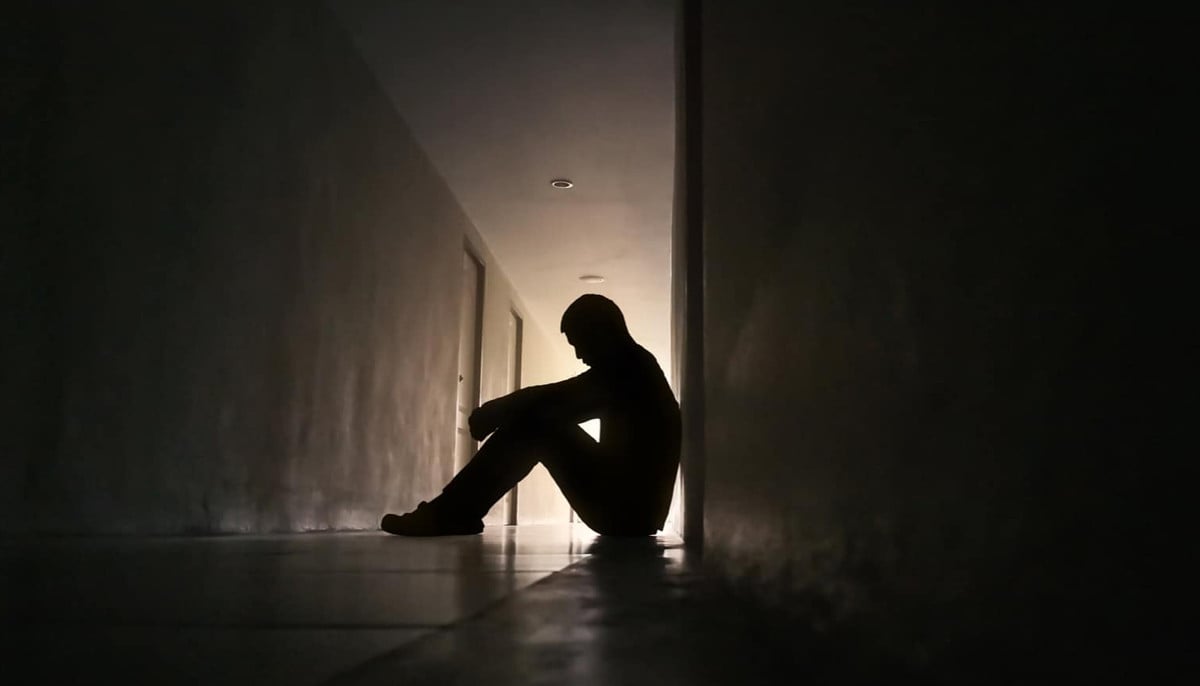This heart condition affects 1 in every 4 menopausal women. Here's what we know
"When women go to the doctor with heart symptoms, they are told it’s just stress", says a medical official
A new study has found an irregular heart condition known as atrial fibrillation in 1 in 4 women after menopause, with insomia and stressful life events as contributing factors.
According to the Mayo Clinic, atrial fibrillation or AFib is an irregular, trembling, or frequently very rapid heart rhythm caused by the upper chambers of the heart, called the atria, beating at a different rate than the bottom chambers, called the ventricles. The episodes of AFib can also cause dizziness or shortness of breath.
Although not life-threatening, the illness does require medical attention because it can raise the risk of blood clots, stroke, heart failure, and other heart-related issues.
“The heart and brain connection has been long established in many conditions,” said Dr. Susan Zhao, lead author of the study published Wednesday in the Journal of the American Heart Association, in a news release.
“Atrial fibrillation is a disease of the electrical conduction system and is prone to hormonal changes stemming from stress and poor sleep,” said Zhao, a cardiologist at the Santa Clara Valley Medical Center in San Jose, California. “These common pathways likely underpin the association between stress and insomnia with atrial fibrillation.”
The authors of the most recent study analysed data from questionnaires filled out by more than 83,000 women, who were an average age of 64, because there has been inconsistent prior research on the relationships between psychosocial factors and AFib in postmenopausal women. Between 1994 and 1998, they had been enrolled in the US-based Women's Health Initiative research, CNN Health reported.
Participants' medical histories, health practises, stressful life events, social support, sleeping patterns, and optimism were all asked about in the questionnaires. Abuse, the death of a loved one, money troubles, divorce, and illness were all stressful life occurrences.
“This study shows there is a heart-brain connection when it comes to atrial fibrillation,” said cardiologist Dr. Nieca Goldberg, medical director of Atria New York City and clinical associate professor of medicine at New York University’s Grossman School of Medicine, via email. Goldberg wasn’t involved in the study.
“This is important, as often when women go to the doctor with heart symptoms, they are told it’s just stress,” Goldberg added.
The study did have its limits: 88% of study participants were White, and the authors relied on self-reported questionnaires.
Guarding your heart health
The reason why stress and other aspects of wellbeing may influence the chance of developing AFib requires further study, according to the scientists.
“In my general cardiology practice, I see many postmenopausal women with picture perfect physical health who struggle with poor sleep and negative psychological emotional feelings or experience, which we now know may put them at risk for developing atrial fibrillation,” Zhao said.
“I strongly believe that in addition to age, genetic and other heart-health related risk factors, psychosocial factors are the missing piece to the puzzle of the genesis of atrial fibrillation,” she said.
According to specialists, some of these physical health concerns include high blood pressure, type 2 diabetes, obesity, heart attacks, heart failure, and thyroid illness.
“In addition, age is a risk factor for atrial fibrillation, and women live longer than men,” Goldberg said. “And women have greater health complications secondary to atrial fibrillation when compared to men.”
In any case, Goldberg noted that because physical and mental health are intertwined, it's critical to discuss sleep issues and stressors in your life with doctor.
“There are treatments for sleep you can do yourself, like avoiding (evening) caffeine and alcohol before bedtime. Unplug from your smart devices,” she added. “Your doctor may recommend a sleep evaluation to see what is keeping you from sleep.”
Treating AFib can “include medicines, therapy to shock the heart back to a regular rhythm and procedures to block faulty heart signals,” according to the Mayo Clinic.
Additionally, regular exercise and spending time with loved ones can help lower stress.
“Don’t let anyone tell you it is ‘just stress,’” Goldberg said. “Stress, anxiety and depression are connected to your physical health.”
-
Late James Van Der Beek inspires bowel cancer awareness post death
-
Bella Hadid talks about suffering from Lyme disease
-
Gwyneth Paltrow discusses ‘bizarre’ ways of dealing with chronic illness
-
Halsey explains ‘bittersweet’ endometriosis diagnosis
-
NHS warning to staff on ‘discouraging first cousin marriage’: Is it medically justified?
-
Ariana Grande opens up about ‘dark’ PTSD experience
-
Dakota Johnson reveals smoking habits, the leading cause of lung cancer
-
Chris, Liam Hemsworth support their father post Alzheimer’s diagnosis












